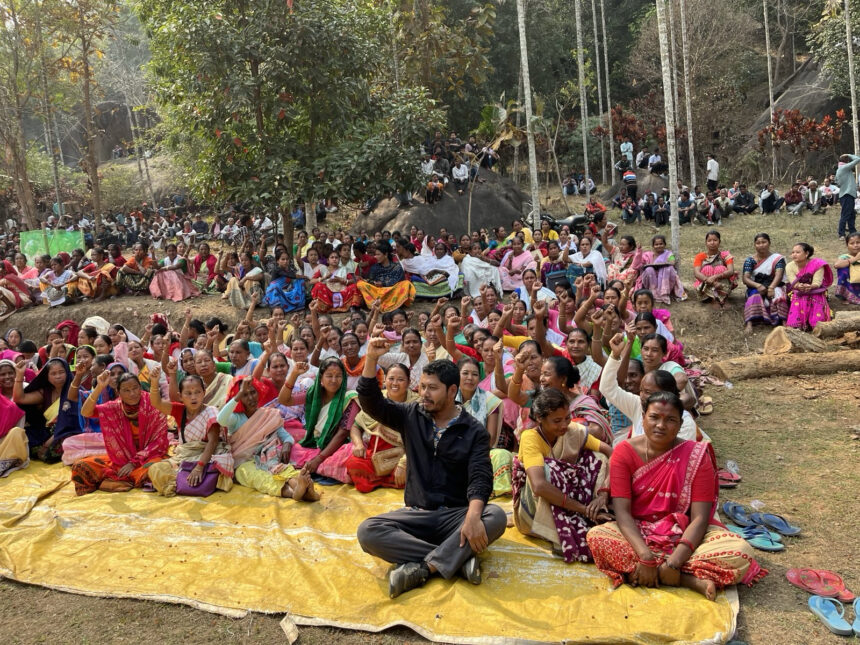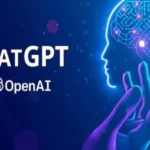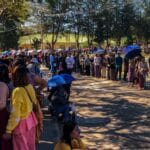NEW DELHI – In a landmark victory for Indigenous rights and environmental justice, the Asian Development Bank (ADB) cancelled its $434 million loan and technical assistance for a 500 MW solar PV facility, Assam Solar Park, in Karbi Anglong District, on 23rd May 2025.
This decision follows a sustained, community-led campaign by the Karbi Anglong Solar Power Project Affected People’s Rights Committee (Committee), representing over 20,000 Karbi, Naga, and Adivasi families who were threatened to be displaced from their ancestral lands by this project.
Supported by the Government of Assam and the Assam Power Distribution Company Limited (APDCL), the project was poised to become one of the largest land grabs in Assam’s history. By acquiring 2,400 hectares of land. These lands primarily comprise agricultural, forest, and customary lands with deep cultural, spiritual, and livelihood significance for the Indigenous communities, protected under the Sixth Schedule of the Indian Constitution.
The ADB approved the investment in October 2024, despite opposition from affected indigenous communities and in violation of its safeguards and Sixth Schedule protections of the Indian Constitution. Communities asserted that ADB failed to obtain Free, Prior, and Informed Consent (FPIC), holding consultations in only 9 of 23 impacted villages and excluding thousands from the process.
Key documents like the Initial Environmental Examination (IEE) and the Resettlement and Indigenous Peoples Plan (RIPP) were not publicly disclosed or translated into local languages, denying access to critical information. Community members also reported intimidation and threats, including fraudulent land claims by outsiders seeking compensation.

Broad Indigenous Community Support
“The sixth schedule is a constitution within the constitution giving rights to us Indigenous people, but here we saw how the authorities violated the basics of the Indian constitution’s sixth schedule.
The ruling government has used political clout to repress and illegally change laws and rights forcefully, but we will keep fighting back and exposing them. Our people have shown their strength, and this united struggle will continue,” said Bikram Hanse, a resident of Karbi Anglong and general secretary of the All-Party Hills’ Leader Conference (ALPC).
ADB safeguard documents falsely claimed “broad community support” despite formal opposition and the committee’s rejection of monetary compensation or relocation. The IEE for this project denied the land rights of the Indigenous communities by stating that out of 2,400 hectares of land, only 8.2 percent (195 hectares) of the acquired land is customarily owned by them.
The project posed severe gendered and cultural risks; women, who play central roles in agriculture and community livelihoods, faced loss of land and secure income.
The loss of land also threatened to dismantle traditional knowledge systems, sever cultural ties, and disconnect communities from their sacred spaces. Environmentally, the solar park would have endangered bamboo forests essential to elephant migration, polluted water bodies, and disrupted biodiversity near Deopani and Nambor wildlife sanctuaries.
Vaishnavi Varadarajan, an environmental and human rights advocate, pointed out the broader trend of weakening safeguards around solar projects in India. “There has already been a weakening of environmental and social safeguards for large solar projects in India,” she said. “Many are being pushed through without environmental clearances or public consultations.”
She emphasized that the ADB’s role in this case was especially troubling. “What’s deeply alarming is that ADB also diluted its own safeguard policies by approving a high-risk (Category A) project based on incomplete documentation,” she added. “The IEE and RIPP failed to capture the project’s serious impacts — largely because affected communities were never meaningfully consulted.”

Indigenous resistance
The withdrawal of the loan by ADB was possible due to a long and consistent campaign by the committee, which involved building pressure on the ground through peaceful protests and press conferences and engaging with local authorities, political representatives, and ADB officials. Key actions included
-
Memorandum to the Karbi Anglong Autonomous Council (KAAC) in August 2023
-
Direct engagement with the ADB Board and Management at the ADB AGM in the first week of May 2025
This result is an affirmation of the power of grassroots organizing, collective advocacy, and Indigenous resistance. It also sends a strong message to international financial institutions: Development and energy transition cannot come at the cost of grabbing Indigenous lands and violating Indigenous communities’ free, prior, and informed consent.
Pranab Doley, spokesperson of the Karbi Anglong Solar Power Project Affected People’s Rights Committee (KASPPAPRC), highlighted the power of collective action in achieving this outcome. “The KASPPAPRC, along with other groups, showed that when people’s voices unite, they can make a real difference,” he said. Doley also commended the determination of local leaders in the face of challenging conditions.

Assam Solar loan
“The persistence of indigenous leaders, even in such hostile and vulnerable situations, was remarkable,” he added. “They remain committed to continuing the struggle to protect their lands and culture — deeply connected to the local ecology — and to push for a truly democratic and just transition.”
The committee now calls upon the government of Assam and APDCL to permanently halt all attempts to acquire the 2,500 hectares of land and instead recognize and formalize the traditional land rights of the Karbi, Naga, and Adivasi peoples.
“The cancellation of the Assam Solar loan and TA by ADB is a testament to the strength of the community voice in the face of top-down development. No form of energy project is above environmental and social responsibility.
True sustainable development in the future of renewable energy must uphold community and environmental rights. In this cancellation, people have come first,” said Rayyan Hassan, executive director of the NGO Forum on ADB, on the importance of this victory.
Activists also call on the ADB to ensure a responsible and accountable exit from the cancelled project, warning that the community remains vulnerable. Vidya Dinker, Executive Director of Growthwatch, criticized the Bank’s inaction in the face of ongoing threats.
“Even now, as the communities face a heightened risk of retaliation for successfully challenging the project, the ADB has shown no effort to safeguard those who bravely exposed its flaws,” she said. She pointed out the absence of safeguards for communities harmed by failed or cancelled initiatives.
“It is unacceptable that the Bank lacks a policy — or even a plan — to ensure a responsible exit from projects that cause demonstrable harm,” Dinker added. “The ADB cannot simply walk away without guardrails. It leaves behind a trail of unresolved risks and vulnerabilities, and we intend to hold them accountable for it.”
The experience of the Assam Solar Project exposes the flaws in India’s current model of large-scale, land-intensive solar development. It highlights the urgent need for a just, decentralized renewable energy transition that respects Indigenous land rights, protects ecosystems, and empowers local communities. By supporting rooftop solar, community-owned microgrids, and ecologically sustainable models, India can meet its climate goals without sacrificing the rights and well-being of indigenous and rural communities.














